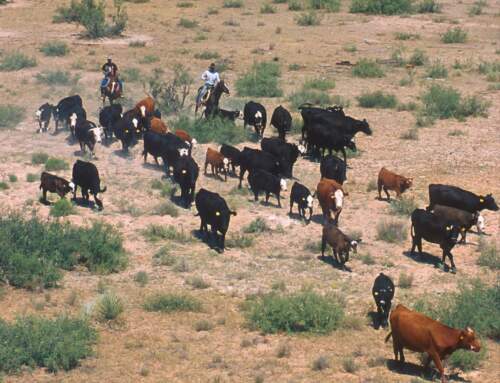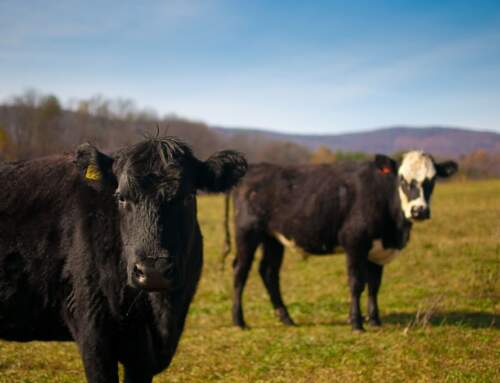Brazil Meat Scandal Fuels Calls for U.S. Ban on Brazilian Raw Beef
A cadre of U.S. lawmakers and food safety advocates are pressuring the federal government to join other nations blocking shipments of raw beef from Brazil in the face of a scandal in that country’s meatpacking sector.
The United States has already started testing all beef from Brazil for pathogens.
But farm organizations argue stronger action is needed to protect the food supply, with consumers less able to choose the meat they buy following the end of U.S. laws requiring that beef be labeled to show its origin. Their push to halt Brazilian imports could also boost domestic sales.
A slew of major meat buyers suspended imports after Brazilian federal police on March 17 unveiled an investigation into alleged payments to government health officials by meat processing companies to forego inspections and cover up health violations.
Without a similar move by the United States, “consumers who wish to avoid the Brazilian product would have to avoid all the products,” said Bill Bullard, chief executive of U.S. cattle producers’ group R-CALF USA.
U.S. legislators scrapped the U.S. labeling laws, known as COOL, in 2015 to avoid more than $1 billion in trade sanctions by Mexico and Canada.
Last year, the United States began allowing shipments of fresh beef from Brazil after banning them due to concerns about foot and mouth disease in cattle.
A box of meat imported from Brazil now would be labeled as coming from Brazil if it was sold to consumers in its original container, according to the U.S. Department of Agriculture (USDA). However, it would not be labeled if it is repackaged or reprocessed, the agency said.
Meat from Brazil is generally processed further in U.S. facilities and then used to make products such as ground beef, lunch meat, frozen food or fast food, according to the North American Meat Institute, which represents U.S. meatpackers.
On Monday, Brazil’s agriculture minister said the country faced an uphill battle to rebuild its $14 billion meat export sector after the scandal hurt confidence in its products. Officials were heartened, though, by China’s decision to lift import suspensions.
A block on Brazil’s beef by the USDA would deal another blow to the reputation of its meat, even though the United States is not a top customer.
Possibility of Retaliation
U.S. Senators Heidi Heitkamp of North Dakota and Jon Tester of Montana, and U.S. Representative Rosa DeLauro, a Connecticut Democrat, have pushed for a halt.
Allowing unsafe beef into the country endangers consumers and “the reputation of U.S. beef producers whose meat is sold next to imported meat – now without mandatory country of origin labeling,” Heitkamp said in a letter to U.S. President Donald Trump.
Representatives of the USDA did not respond to requests for comment specifically on the lawmakers’ calls for a ban.
Sonny Perdue, tapped to be the next U.S. agriculture secretary, supports the agency’s extra checks but told U.S. senators last week that Brazil might retaliate if the country halted beef imports.
The USDA’s Food Safety and Inspection Service (FSIS) visits plants approved for exports to ensure they have equivalent safety standards to U.S. facilities and could suspend Brazil’s eligibility if it does not maintain such standards.
Brazil’s Agriculture Ministry says it has a strict system for regulating its 4,837 animal product-producing facilities, with 2,300 employees working on health inspections.
Maurício Porto, head of Brazil’s National Union of Federal Sanitary Inspectors, said the safety system was strong. But he said the ministry had backed off a practice of rotating inspectors among plants to minimize influence and pressure from companies.
Tony Corbo, a senior lobbyist for environmental group Food & Water Watch, said the USDA’s extra checks on imported Brazilian beef amounted to the agency doing Brazil’s inspection work.
The United States has “spent a lot of money sending auditors down there and increasing inspections at ports and yet we still recognize them as having an equivalent inspection system,” he said about Brazil. “It’s just not.”



